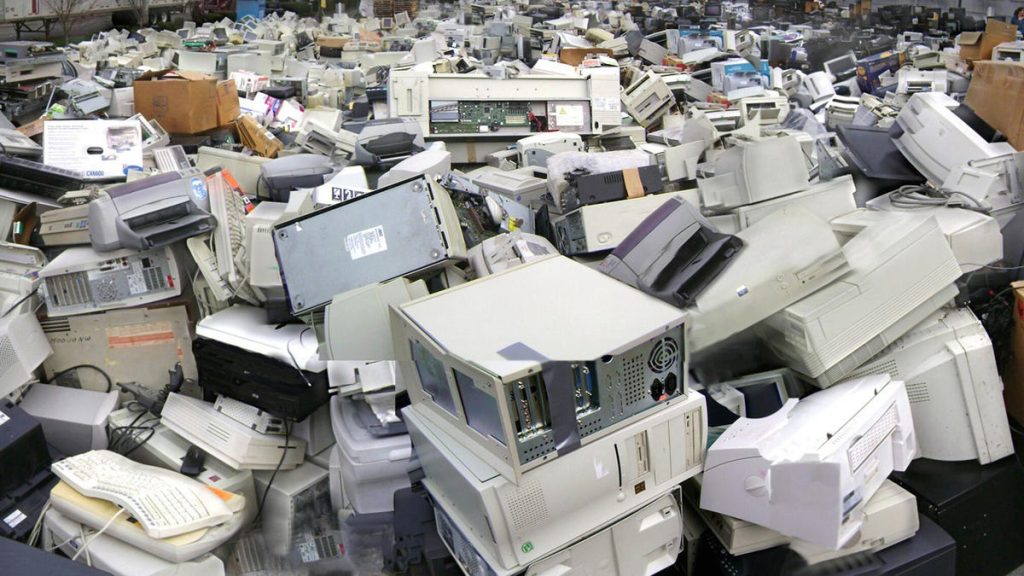Sustainable Disposal of Old Electronics: A Comprehensive Guide
In today’s rapidly evolving technological landscape, electronic devices become obsolete at an alarming rate. Old laptops, desktops, and printers often end up gathering dust in closets and storage spaces, contributing to the growing global e-waste problem. Fortunately, numerous sustainable and convenient options exist for disposing of these outdated gadgets, some of which even offer incentives like store credit. This comprehensive guide explores the importance of responsible e-waste management, outlines the necessary steps to take before recycling, and provides a detailed overview of various recycling options available through major retailers and specialized recycling centers.
Before handing over your old devices for recycling, it’s crucial to safeguard your personal data. A factory reset is the most effective way to erase all information stored on your computer. This involves restoring the device to its original factory settings, effectively wiping the hard drive clean. Consult device-specific guides for detailed instructions on performing a factory reset. For added security, consider using data destruction software for a more thorough erasure of sensitive information. Remember to back up any important files you wish to keep before initiating the reset process.
Several major retailers offer convenient recycling programs for computers and printers. Apple, for instance, provides free recycling for its own branded products, but this service is contingent upon purchasing a qualifying new Apple computer or monitor. Alternatively, third-party companies like Gazelle offer buyback programs for old MacBooks, providing a monetary incentive for recycling. Best Buy accepts a variety of electronic items for free recycling, including desktops, laptops, and printers, with limits per household per day. Their mail-in recycling service, while not free, caters to those who may not have easy access to a physical store.
Office Depot and OfficeMax, now merged, offer a trade-in program that allows customers to exchange old computers and printers for store gift cards. Devices with no trade-in value are still accepted for free recycling. They also offer recycling boxes for purchase, providing a convenient way to collect and transport multiple items for recycling. Staples provides free recycling for a wide range of electronics, including computers, printers, and even batteries, regardless of where they were originally purchased. Their free at-home battery recycling box program has significantly increased battery recycling rates.
Beyond retail options, specialized recycling centers offer dedicated e-waste management services. Online resources like Earth911 and the Consumer Technology Association’s Greener Gadgets Recycle Locator provide searchable databases of recycling centers based on location and accepted materials. These tools allow you to filter results by specific device types, such as laptops, desktops, and printers, streamlining the search process. Local municipalities often have designated drop-off locations or scheduled collection events for electronic waste. Check your local government’s website or contact your waste management provider for details on available programs.
The importance of responsible e-waste management cannot be overstated. The UN reports a staggering disparity between the amount of electronic waste generated and the amount recycled, highlighting the urgent need for improved recycling practices. Improper disposal of electronics poses significant environmental and health risks. Many electronic devices contain hazardous materials like lead, mercury, and cadmium, which can leach into soil and water sources if not handled properly. Recycling these materials not only protects the environment but also conserves valuable resources.
By utilizing the available resources and choosing sustainable disposal methods, individuals can actively contribute to reducing the global e-waste burden. Recycling old electronics not only keeps harmful materials out of landfills but also supports the recovery of valuable resources, promoting a circular economy. Take advantage of the convenient recycling options offered by retailers, explore specialized recycling centers in your area, and make responsible e-waste management a regular practice.










